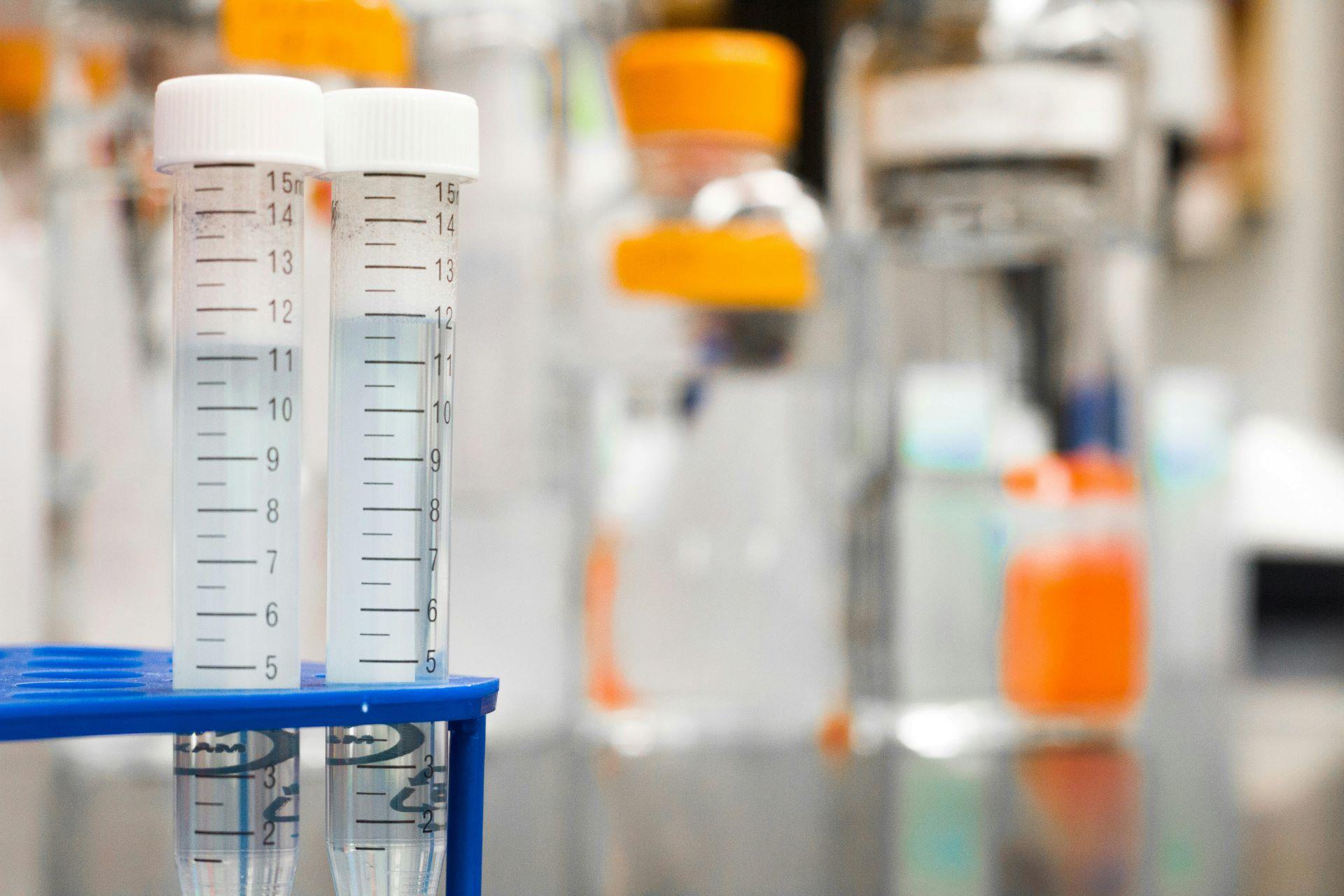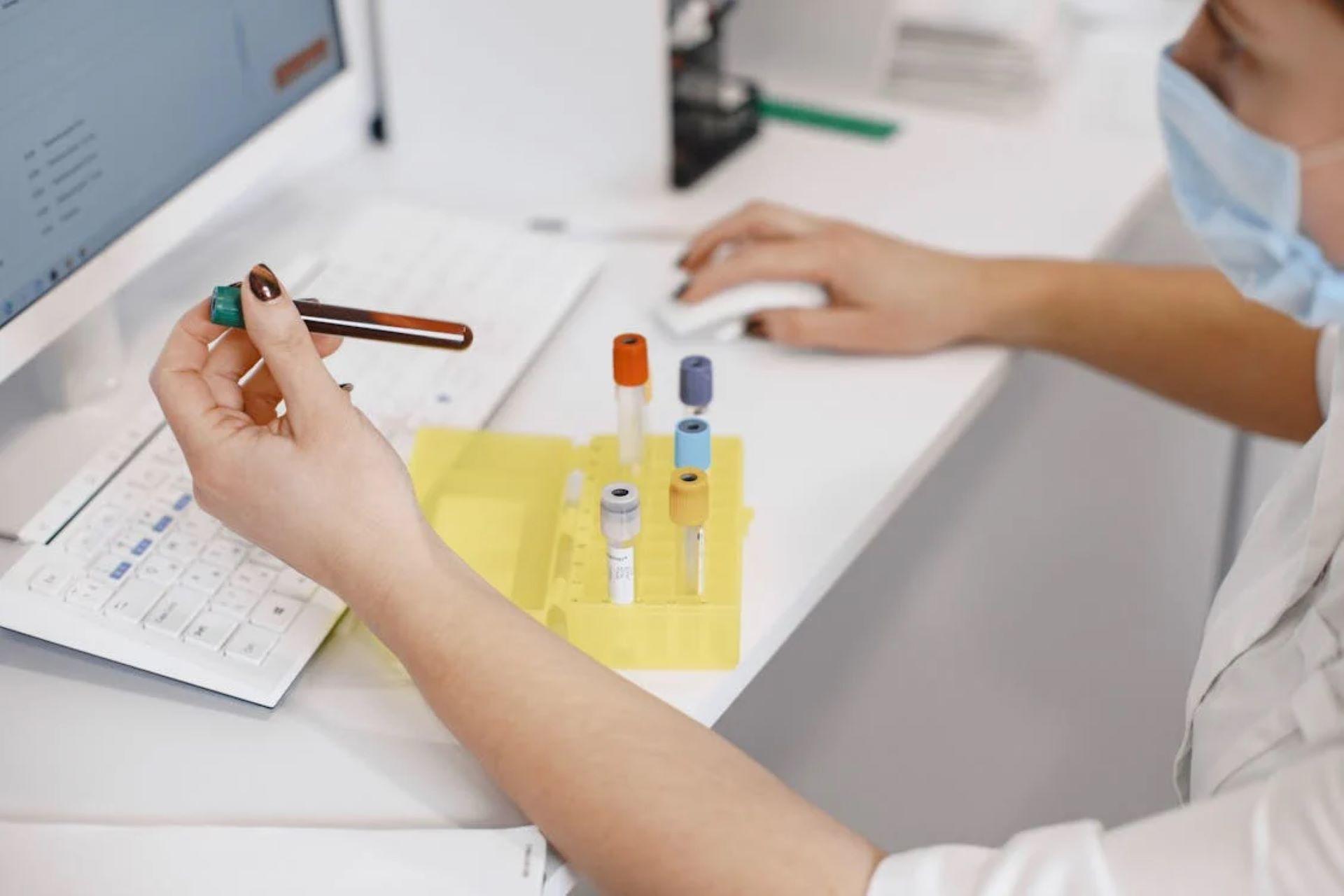There are few feats that a student can accomplish as impressive as getting accepted and going on to graduate as a medical student. Studying medicine in the UK is a highly sought-after pathway for aspiring medical professionals.
The field of medicine in the UK is one of the most competitive avenues a student can pursue. With a vast array of medical specialities in the UK, there's a path for almost any medical interest. The medical schools here are also of an extremely high standard, attracting aspiring doctors from all across the globe, adding the the competitive environment that produces this academic excellence.
The QS World University Rankings for Medicine feature Oxford, Cambridge, University College London, Imperial College London, and King's College London in the worldwide top 20 for Medicine.
More than 40 medical schools across the UK offer Bachelor of Medicine (MBBS) degrees and various other medical programs. These institutions provide pathways into the field of medicine for students from different backgrounds, including options for a foundation year in medicine.
Typically, a medical degree lasts around 5-6 years at the level of 1-2 years for a Master's program. Pursuing medicine at university equips individuals for fulfilling careers in practice, hospital medicine, surgery, public health, research, and medical education.
While international students can expect to pay tuition fees ranging from £25,000 to £45,000a per year, many medical schools offer scholarships to assist candidates. If you are from here, you can expect to pay a lower price that will differ according to the instructions.
Make all your teachers and parents proud by pursuing one of the most challenging and rewarding professions as a doctor. Above all else, you must make yourself proud, as this is a path you will walk and live out for the remainder of your years.


Entry Options for Medical School
Given the competitive nature of studying to become a doctor in the UK, I must introduce all of the avenues you have available. If you fail at first through conventional entry points, try again through other options available to you.
For 5-6 year medicine programmes in most UK universities, the following grades are required:
For A Level Students, universities require AAA grades including Chemistry and another science subject.
International Baccalaureate candidates must aim for 36 points with scores in Chemistry and another science at Higher Level.
Good GCSEs or Scottish Nationals are also important in Maths, English, and Sciences. Alternatively, graduate entry programs offer a route to medicine for those with any bachelor's degree, usually lasting 4-5 years.
| Career Path | Average Salary Range |
|---|---|
| General Practice | £72,000 - £105,000 |
| Hospital Medicine | £79,860 - £149,400 |
| Surgery | £79,860 - £149,400 |
| Public Health | £40,000 - £60,000 |
| Medical Research | £25,000 - £60,000 |
| Medical Education | £40,000 - £80,000 |
While some programs may prefer a science or health-related background, they welcome career changers looking to enter the field.
There's also an option for medicine with a year that extends the program to 6 years. This extra year helps students without science qualifications get on track and aims to increase diversity by setting lower entry requirements.
Most medical schools require applicants to take the UK Clinical Aptitude Test (UCAT) or the BioMedical Admissions Test (BMAT) to assess thinking, problem-solving, and communication skills.
Putting in the effort to prepare for these evaluations, as well as creating a strong personal statement and gaining relevant medical work experience, is crucial for a successful application. By dedicating time and careful thought, future medical students can successfully navigate the selection process and secure a sought-after spot in medical school.
Studying Medicine at University or Medical Schools
Studying for a university in the UK can be quite demanding but fulfilling. The Bachelor of Medicine (MBBS) program is the main pathway, which involves around 5-6 years of challenging education.
If you are from here, you can enjoy some educational subsidies if it is your first time studying. International students from overseas can expect to pay higher face tuition fees, typically ranging from £25,000 to £45,000 per year, although various universities provide scholarships to assist applicants.
In addition to the MBBS, UK universities offer diverse medical programs, including:
- Master's Degrees in Medicine (1-2 years)
- Doctoral Programs (PhD) in Medical Research
- Specialised Postgraduate Courses (e.g., Public Health, Medical Education)
Upon graduation, a wide array of career paths await medical professionals in the UK:
The top universities for medicine in the UK, renowned for their excellent programs and graduate employability, include the University of Cambridge, University of Edinburgh, Imperial College London, University of Glasgow, and University of Bristol.

What Are The Best Medical Schools in the UK?
Okay, while the courses available for medical students across the UK are generally highly regarded worldwide, some institutions stand out for the excellence of their graduates and the learning experience they provide. Equipping yourself with the best A Levels For Medicine is a strategic first step.
These schools are the cream of the crop, and students across the globe set their sights on earning a place in their courses for outstanding programs and high rates of graduates finding employment.
The video also does a good job of explaining how the right choice for you will still depend on your learning preferences and what speciality you plan on pursuing.
The University of Edinburgh Imperial College London, University of Glasgow, and University of Bristol are well known for providing top-notch education and are popular options for those pursuing medical careers.
Another name that stands out for excellence in almost every field is the University of Oxford, which ranks #8 globally for medicine and is #5 in the Best Global Universities rankings.

The University of Cambridge has a lower, yet still impressive, global ranking at #25 for medicine but a higher overall ranking at #1 in The Complete University Guide's ranking in 2024. Having the name on your resume would improve any employer due to the school's reputation for excellence.
The medical course at Cambridge, known as the MB BChir degree, spans six years and combines rigorous academic study with practical clinical experience from the very beginning. The first three years, referred to as pre-clinical studies, focus on the scientific basis of medicine and health.
Imperial College London ranks #14 for medicine and #13 overall. While the medical ranking the university achieves is the most telling indicator you should look for when deciding on your dream school, the overall ranking also plays a role in the institution's prestige and the weight your degree will likely hold after you graduate from the respective course.
University College London is one option that impressively ranks #15 for clinical medicine and #12 overall.
Lastly, you would put your career in safe hands by studying at Kings College London, which ranks #32 for medicine and #33 overall. This top-contending university is known for its innovative research initiatives and state-of-the-art facilities.
By setting your sights high and studying hard, you could land yourself a place in one of the UK's most prestigious entry points into medicine.

Medical Application Process and Requirements
The application process for studying medicine in the UK is both highly competitive and rigorous. Meeting grade entry requirements is the initial hurdle, with most medical schools demanding exceptional academic performance.
Grade Requirements for Entry into UK Medical Schools
Typical A-level requirements include AAA grades, with Chemistry and another science subject. International Baccalaureate students need at least 36 points, with 6,6,6 at Higher Level in relevant subjects. Strong GCSE/National grades in Maths, English, and sciences are also essential.
| Category | Requirement | Details |
|---|---|---|
| Academic Qualifications | A-levels | Grades from AAA to AAB, with chemistry and usually another science (biology, physics, or mathematics) |
| Academic Qualifications | International Baccalaureate (IB) | Score of 36 or more, with higher level chemistry and biology |
| Academic Qualifications | Graduate Entry | First degree with a 2:1 or higher, often in a science-related field |
When applying to schools, you can submit your applications through the Universities and Colleges Admissions Service (UCAS) for up to four schools. The deadline usually falls around mid-October, a year before the desired start date.

Application Deadlines for Medicine 2025 Entry
October 15, 2024 2:45 pm
This is the deadline for any course at the universities of Oxford and Cambridge, and for most courses in medicine, veterinary medicine/science, and dentistry.
Crafting a perfect medicine personal statement is vital in your application, allowing you to showcase your accomplishments, motivation for pursuing medicine, relevant work experience, and extracurricular activities.
You'll want to stand out from other applicants in your medicine personal statement. It should reflect your motivation for studying medicine, demonstrate your understanding of the profession, highlight relevant experience, and show your personal qualities and skills.
UCAT & BMAT Entrance Exams
Many medical schools mandate that applicants take entrance exams like the UK Clinical Aptitude Test (UCAT) or BioMedical Admissions Test (BMAT). These assessments evaluate skills such as thinking, problem-solving and communication.
UCAT (University Clinical Aptitude Test): This test is used by the majority of UK medical schools to assess a range of mental abilities identified as important.
BMAT (Biomedical Admissions Test): Some medical schools require this test which assesses scientific knowledge as well as problem-solving, critical thinking, and written communication.
Other Medicine Entry Requirements
Successful candidates will receive interview invitations often conducted through Multiple Mini Interviews (MMIs), where they must prove their aptitude for a profession. The interviews assess your communication skills, ethical understanding, decision-making abilities, and suitability for a career in medicine. To be competitive in these interviews, you'll need plenty of practice with
Demonstrating your commitment and understanding of the medical profession through non-clinical experience is also essential in securing a place on a medical degree programme. Medical work experience is highly valued and expected by most medical institutions. This involves volunteering in healthcare settings and participating in activities that illustrate your dedication to the field.
If you're an overseas student looking to study medicine at a UK university, you'll also need to show evidence of English proficiency through standardised exams such as the IELTS, with a minimum score of around 7.0.
Researching the prerequisites of each school you're applying to is crucial as they may differ. Early preparation, attention to detail, and a genuine enthusiasm for medicine are crucial for an application.
Selection Factors for Medical School in the UK
Medicine is one of the most competitive courses in the UK. Out of 130 universities in the UK, only 45 universities offer medical programmes.
Getting into school in the UK is extremely competitive, with considerably more applicants than available stops. On average there are four applicants applying for one spot.
Those aspiring to become students must demonstrate academic achievements, active participation in extracurricular activities, and a genuine interest in the field. Medical schools take into account selection criteria;
To begin with, a strong academic background is crucial, with high grades in key subjects like Chemistry, Biology, and Mathematics at GCSE and A Level (or equivalent qualifications such as the International Baccalaureate) being essential.
Most universities require candidates to undergo admissions exams like the UCAT, BMAT, GAMSAT, or MCAT to evaluate their thinking, problem-solving, and communication abilities.

Relevant medical work experience is highly valued as it shows dedication, empathy, and a grasp of the profession. This includes experience in healthcare environments such as volunteering at hospitals, working in care homes, or shadowing professionals in clinical settings.
Beyond these requirements, you'll need to demonstrate your resilience and that you have the qualities to succeed in a challenging medical career. This is where your personal statement and in interviews, whether panel-based or MMIs are critical. This is often the deciding factor amongst hundreds of students with similar grades and academic achievements. Your drive, abilities, experiences, and suitability for a medical career will need to shine through!
Continuing Your Path To Becoming A Doctor
Hopefully, this article provided some insight into what is required of you as you set your sights on entering medical school and training to become a practising doctor. This includes academic qualifications and developing the essential skills and qualities of a Doctor.
The clearer your path is in your head to become a doctor, the more clarity you can have in your goal-setting to ensure you get there. A great way to prepare for medical school and get guidance on navigating the sector is by availing of a private tutor.
The greatest medicine of all is teaching people how not to need it.
Hippocrates
Superprof has emerged as a favourite option amongst medical students looking to get exam-tailored lessons to maximise their grades in school and get advice from those who have walked the same path before them.
They can also offer some guidance in selecting a school that makes the most sense for your professional goals.
Through work and determination, embarking on the fulfilling journey of studying medicine in the UK can pave the way for an impactful career in healthcare. Reach out to one of the tutors on Superprof and start your personalised learning experience as soon as today!
Summarise with AI:















